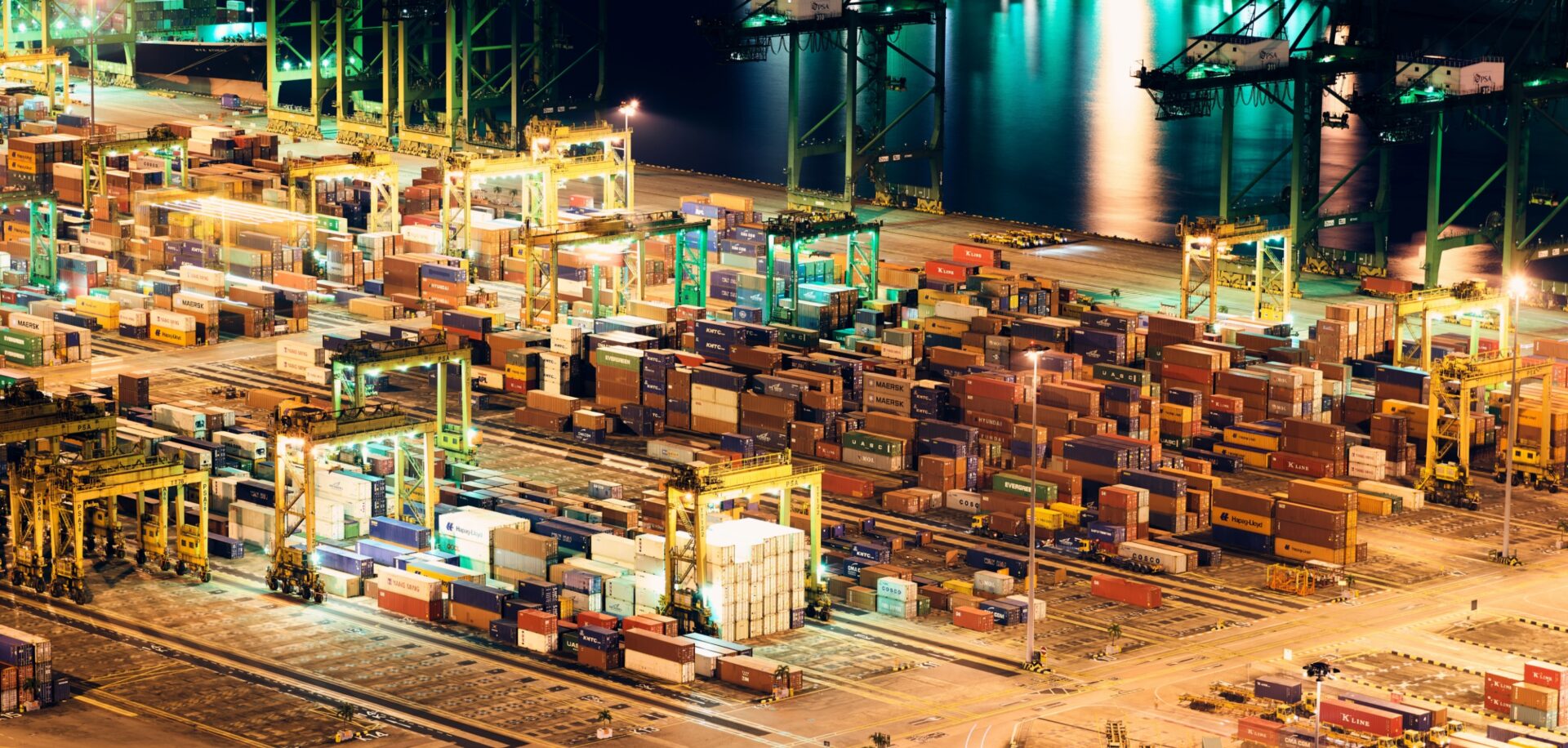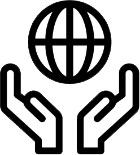
Environmental
The Borchard Lines policy on Quality and Environmental Management is based on the adherence and commitment to all relevant legislation and regulation to secure the safe operation of the ships and the protection of the environment. Borchard Lines insists that all the ships operated adhere to International rules and regulations, standards and codes of organisations, authorities and classification societies, in their latest edition, including: the ISM safety management code, MARPOL for prevention of pollution of seas and the STCW code 1995 implementing international standards to vessels’ crew. Borchard Lines are also active in promoting the effective application of the EU Directive 2000 / 59 / EC which is concerned with the reduction of ships waste disposed into the sea thereby doing our part to ensure cleaner seas and coastlines for future generations.
Air pollution continues to take great prominence in planning the of service delivery. Key objectives are reduction of carbon footprint as well as compliance with the 0.5% sulphur limit coming into force from January 2020 and future limits on NOx emissions. The carbon emissions reduction target is a continuous process which Borchard sets out to achieve by a variety of means. For example: by operating feeder size vessels Borchard are able to provide liner services direct between ports too small or uneconomic for larger vessels to call, thereby delivering containers closer to their market and reducing the use of less efficient modes of transport, such as road and rail, whilst also providing the added security to cargo achieved by making direct calls; Services are planned to maximise vessel utilisation throughout each voyage to reduce the overall environmental impact per TEU mile actually carried; Port work windows allow for vessel speeds to be adjusted for just in time arrival reducing the need to sail at fast speeds to congested ports.
The new sulphur regulations will require the industry to make significant investments to either install emissions abatement technology or purchase more expensive, compliant fuels.
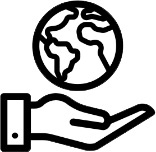
Social Responsibility
Borchard Lines’ annual sustainability report is available upon request.
Policy on the Prevention
and Detection of Bribery
and Corruption
Code of Business Conduct for Suppliers
Labour and Human Rights Policy W1.0
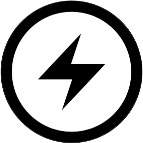
Hazardous Cargo
Borchard Lines are committed through their specialist dangerous goods team to supporting their customers in planning the transport of hazardous goods in Europe and the Near East to ensure smooth handling and compliance with the latest national and international regulations.
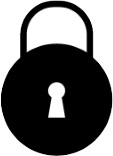
Cargo Securing
Containers are fitted with lashing points, wooden floors and corrugated panels, which may be utilised together with shippers securing devices in properly securing their cargo for the ocean voyage.
Borchard Lines support the Cargo Integrity Group’s campaign to promote safe container practices and the CTU Code developed by the International Maritime Organisation, International Labour Organisation and the United Nations Economic Commission for Europe. It is estimated that the economic cost of poor packing practices exceeds USD 6 billion annually and the majority of these costs are avoidable by following established good practice. Cargo that is not properly packed or sufficiently secured within the container, overloaded or unevenly distributed can cause serious safety issues, for the public and those working in the supply chain, resulting in accidents, loss of life, damage to the cargo and/or third party property.
To help improve safety within the supply chain, Shippers are recommended to follow the guidelines detailed in the CTU Code. The CTU Code provides comprehensive information and references on all aspects of loading and securing of cargo in containers and other intermodal transport, taking account of the requirements of all sea and land transport modes. A copy can be found here:
The Cargo Integrity Group has also produced a packing checklist and quick guide which shippers may find useful:
Further useful packing guidelines from the German marine insurers can be found here:
German Marine Insurers – Packing Guideline
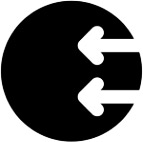
EU Import Control Systems
EUROPEAN CUSTOMS REGULATIONS
With effect from 1st January 2011, European Customs implemented a regulation for cargo on vessels going to and transiting the European Union. Borchard Lines, as the ocean carrier, is responsible for the electronic lodgement of the “Entry Summary Declaration” -(ENS)- to EU customs.

